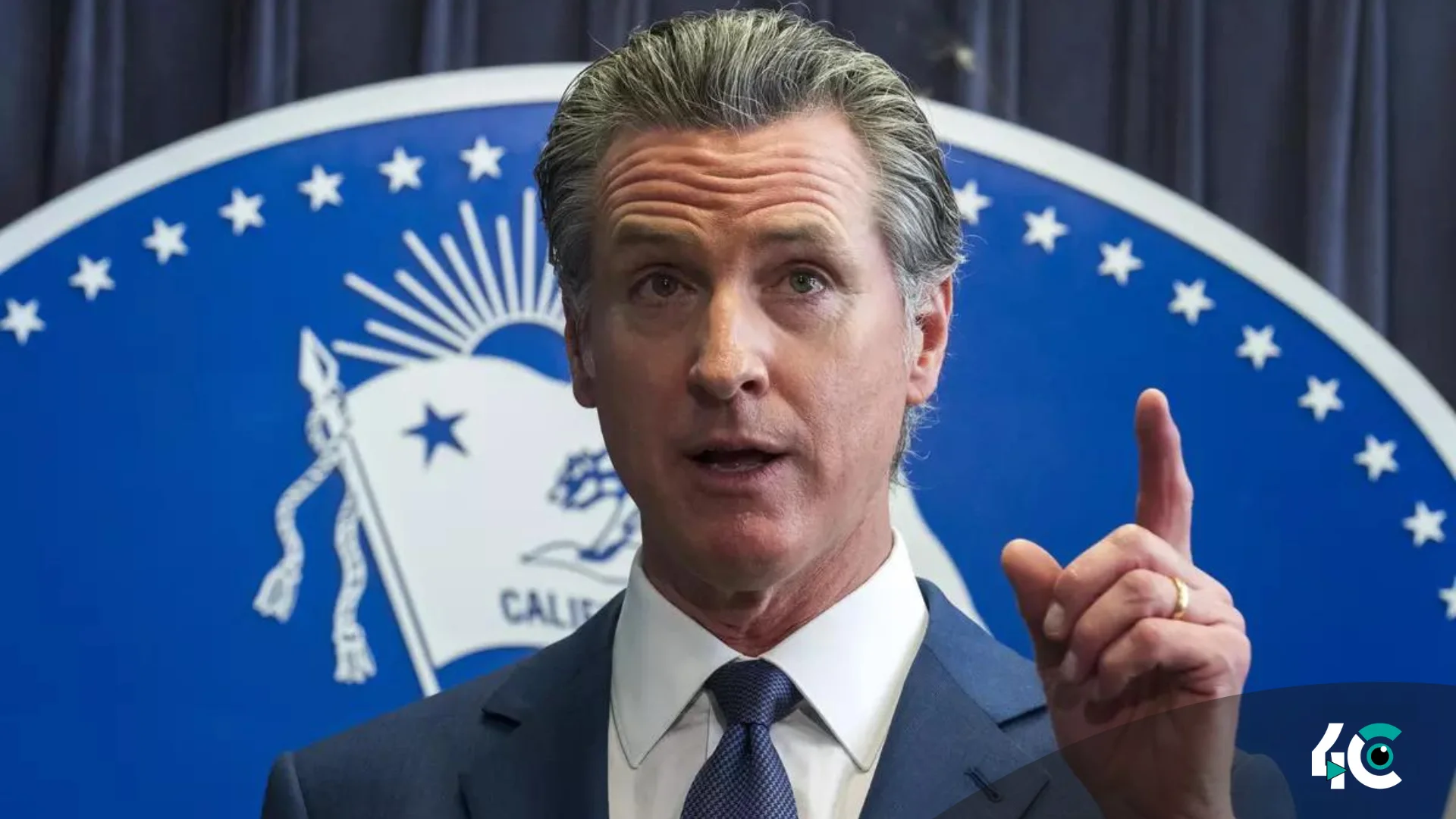A federal judge said that California’s new law that would limit the use of “deep fakes” in political campaigns is unconstitutional, so it was thrown out. The law, AB 2839, tries to stop the spread of AI-manipulated content by letting people sue for damages if they share a deepfake with a political candidate in it within 120 days of an election.
The judge who gave the temporary injunction, John A. Mendez, knew that AI and deepfakes posed risks, but he also thought that the law went too far and violated the Constitution. He said that AB 2839’s broad reach put at risk free speech, especially humor and parody, which are important parts of political debate. Mendez said that the law seemed more like a “bright tool” than a complex answer, blocking legal ways of expressing oneself.
Christopher Kohls, a YouTuber known as “Mr. Reagan,” challenged the law after putting out a video that was changed by AI to make fun of Vice President Kamala Harris. When Elon Musk shared Kohls’s video, it got his attention, which made him say that it was comedy and therefore protected by the First Amendment. just one day after California Governor Gavin Newsom signed the bill into law, the lawyers quickly sued state officials.
Mendez agreed with Kohls and gave her a preliminary order. He also said that the deepfake video was a form of comedy. Concerns about how digital media can be hacked are real, but the judge made it clear that they shouldn’t be used as a reason to limit free speech.
Courts could order the removal of political material made by AI and fine the people responsible under the law. However, the law is currently on hold while the legal fight continues. Even though the situation was bad, a spokesperson for Governor Newsom said they were sure the courts would eventually support California’s right to control deepfakes. The representative said that the rule was meant to protect democracy and free speech.
California recently put forward a number of AI-related bills, including AB 2839. This comes as the state continues to deal with the legal and moral issues that new technologies bring up. Recently, Governor Newsom vetoed SB 1047, which was another bill related to AI. It would have required safety tests for AI models, but he did this because he thought it might slow down progress.
This case shows how hard it can be to protect basic rights while also controlling new technologies. California and other states will likely have to deal with this problem as AI develops.
































